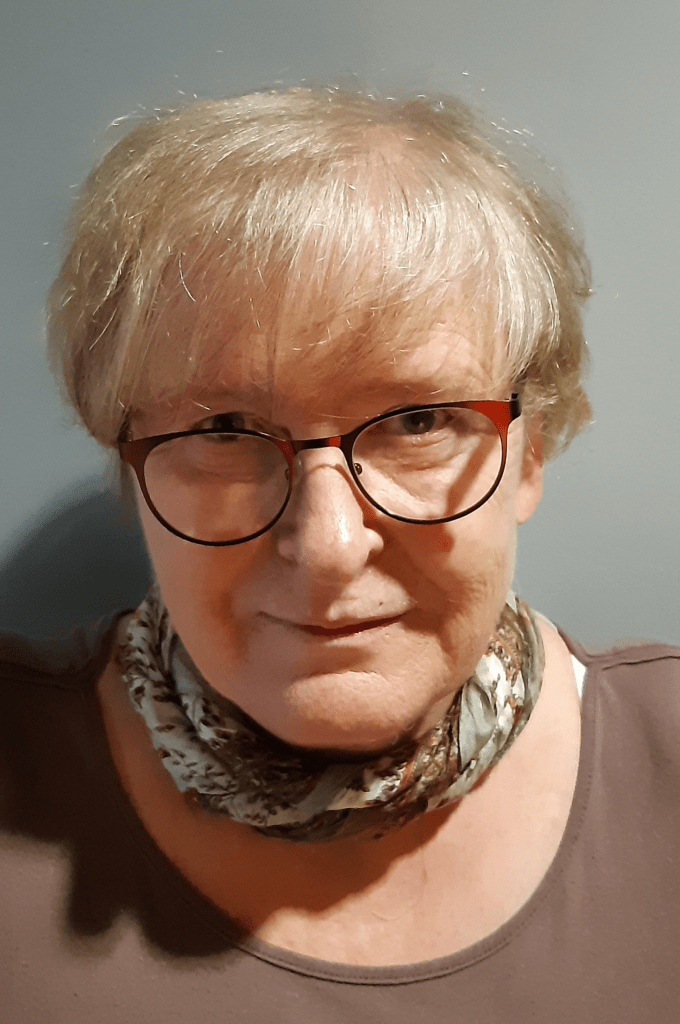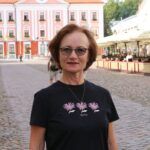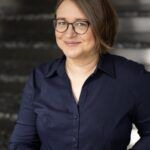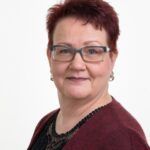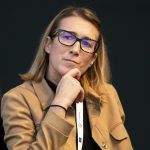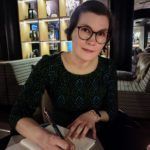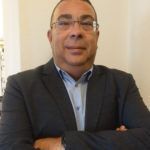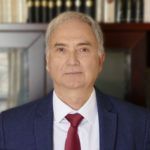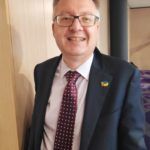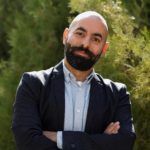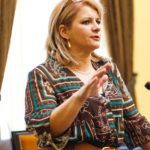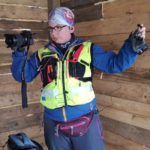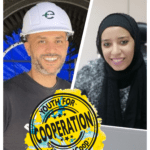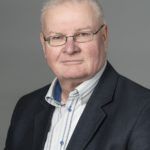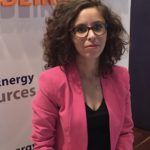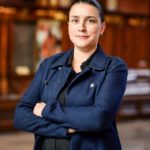Voices from the field
Anna Ososińska
"The young Belarusian teacher was teaching the Polish autistic child and they could understand perfectly. This was unexpected to me: I could see that cooperation in this matter really makes sense"
The number of children diagnosed with autism spectrum disorder (ASD) is growing from year to year, although diagnosis of ASD can be difficult and there are not enough official statistics. People with autism have deficits in all spheres of growth. This prevents them from living independently in the community and causes a chronic burden on their parents and families. The primary way to reduce the risk of social exclusion is early diagnosis, providing support during childhood and preparation to live as adults. It is a big challenge, and it requires a heroic determination in everyday life. DcbCforAutism is a project under the ENI CBC Poland-Belarus-Ukraine programme that supports people with autism and their families in the cross-border area of Brest Oblast (Belarus) and Bialski subregion (Poland). How? Through the creation of a centre in Poland to help young people diagnosed with autism in their transition to adulthood; another centre is going to be built in Belarus specialised in children with autism and related disorders. We have talked with Anna Ososińska, the project coordinator of DcbCforAutism.
What is the final aim of your project? Who are you targeting?
Our target-groups are children, youth and adults with autism and related disorders, together with their parents and family, and the specialists that work with them. However, the scale of the problem and the solutions introduced on both sides of the borders are different. In Bialski subregion (PL) we are concentrating on people with autism who are finishing their education and starting an adult life, whereas on the Belarus side the main beneficiaries will be children and their families.
What kind of problems face organisations dealing with autism in the Polish-Belarus border area?
People with autism have deficits in all spheres of growth, including social relationships. Even with early diagnosis and treatment, most people with autism will require the support throughout the rest of their life. Unfortunately, care systems are not sufficient on either side of the border. Helping children with autism has started to become quite urgent in the Republic of Belarus, where so far there is no specialised institution for them; one school is active in Brest, but it is targeting children affected by all kinds of disorders. There is also a lack of an approved methodology for diagnosis, and a low number of trained teachers and therapists.
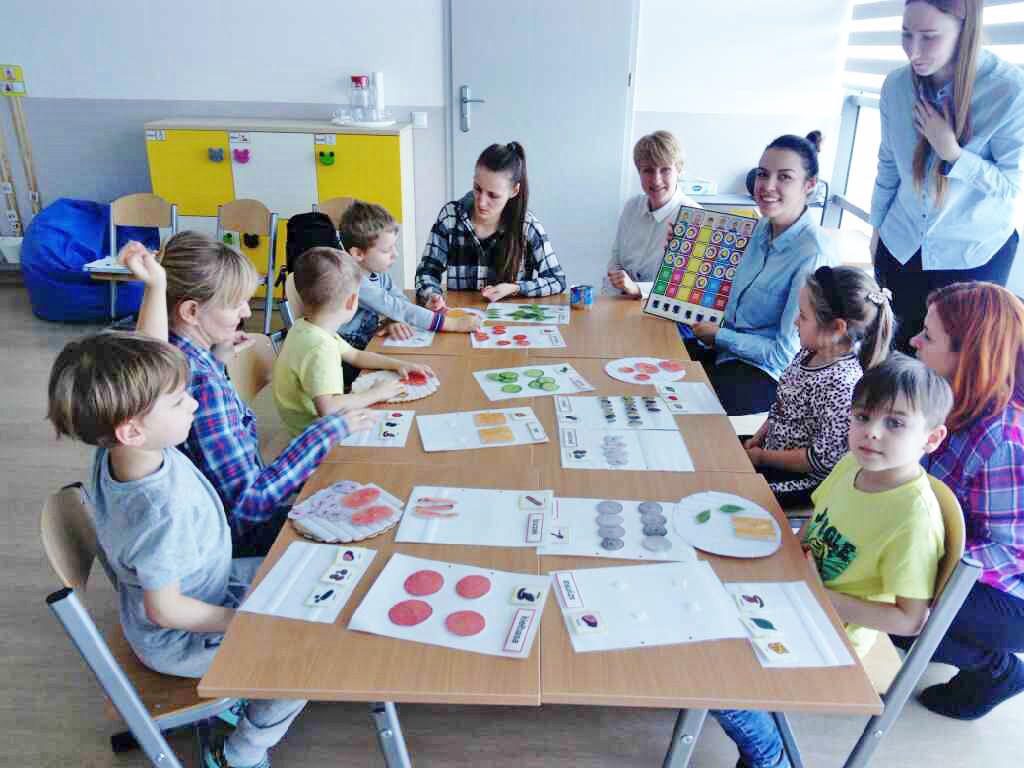
The case of Bialski subregion (PL) is a little bit different. The support for children already works well there, thanks to the work of the Common World organisation, the lead partner in the project. What is missing is the creation of a centre that provides services to youth and adults with autism.
Is this what you are aiming for with the creation of an Employment and Environmental Self-Help School in Bialski, in Poland?
Yes, exactly. Today, the young people with ASD who cannot live independently in society and who do not have a family that could provide for them during the day, are directed to psychiatric hospitals. It is tragic, but there are no appropriate facilities preparing young people for their unassisted life in society. The solution to this problem is the creation of a specific infrastructure that will support people with ASD throughout all their life.
 We are building two separate but interconnected buildings. The first one is a school preparing young adults for employment: it will equip students with the necessary skills to be active through work, opening for them the possibility to function independently in society. The second building is going to provide them with “training” facilities to allow to learn specific skills related to everyday life, like washing dishes, cooking, taking care of themselves. These apartments will eventually be transformed into a permanent residence, so that adults can live an independent life. Our association was already providing support to young adults, but we were missing the infrastructural component, essential to cover the real needs.
We are building two separate but interconnected buildings. The first one is a school preparing young adults for employment: it will equip students with the necessary skills to be active through work, opening for them the possibility to function independently in society. The second building is going to provide them with “training” facilities to allow to learn specific skills related to everyday life, like washing dishes, cooking, taking care of themselves. These apartments will eventually be transformed into a permanent residence, so that adults can live an independent life. Our association was already providing support to young adults, but we were missing the infrastructural component, essential to cover the real needs.
What about Brest, in Belarus?
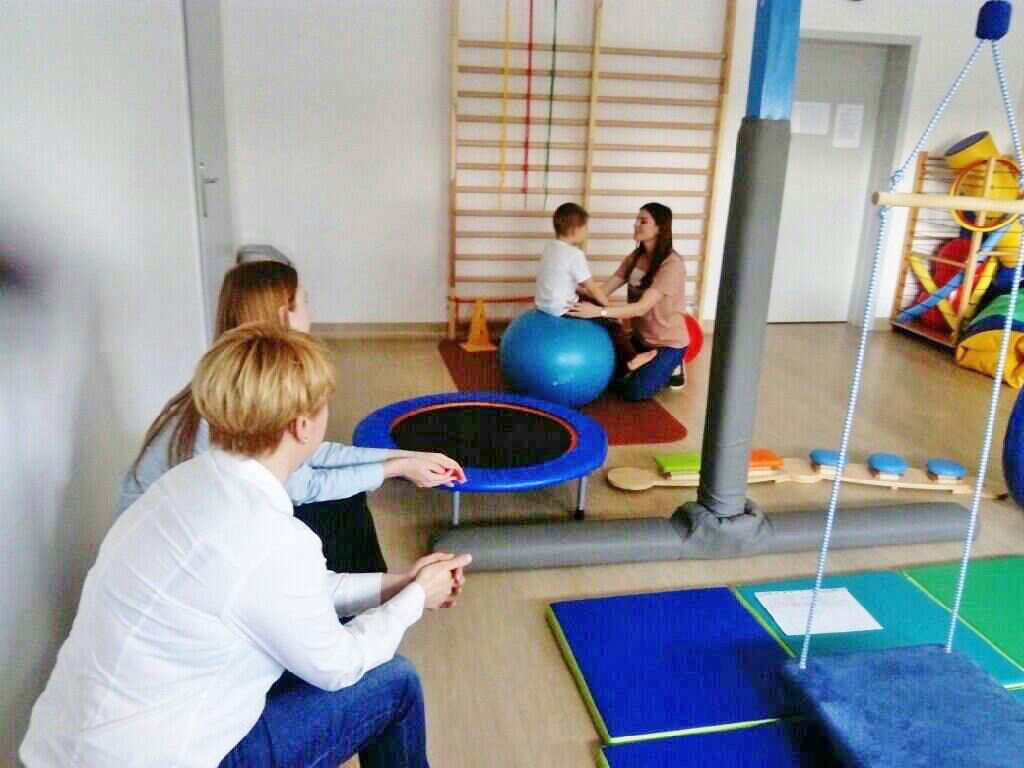
The key element of the project on the Belarusian side is the creation of a Resource Centre of Comprehensive Care for children with ASD and children with similar mental disorders, also offering support for parents and methodological assistance to teachers. All in one. We are going to renovate the premises, to purchase all the necessary equipment and to train the staff. During the conference in Brest where the construction of the centre was announced, there were parents of autistic children amongst the guests. One of the young mothers asked my colleagues whether it would be possible to take her kid to Bialski, in Poland, to have him diagnosed while the construction work is proceeding. The need for help is there, people are willing to cross borders in order to get it. Now we will be able to provide the same services as in Poland, but in the place where they live.
What kind of cross-border activities does the project envisage?
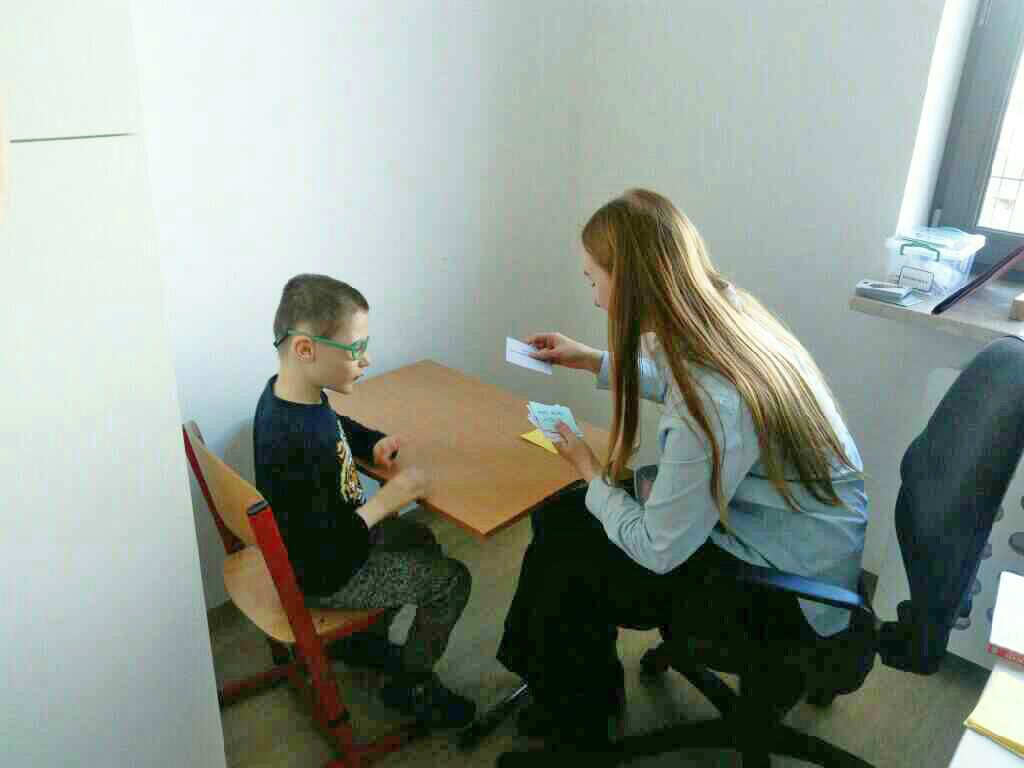 A key element under the project were the internships at Common World. Four Belarusian teachers came to our organization to receive training during a week on all kind of working methods, together with our specialists and the children. It was very remarkable for me to see how the Belarusian teacher and the Polish autistic child could understand each other perfectly. The child knows no word in Belarusian, the teacher knew no word in Polish, yet the language was not a barrier… We, adults, need interpreters but the communication between them flew perfectly well. This was unexpected and very important to me since I could see that cooperation in this matter really makes sense.
A key element under the project were the internships at Common World. Four Belarusian teachers came to our organization to receive training during a week on all kind of working methods, together with our specialists and the children. It was very remarkable for me to see how the Belarusian teacher and the Polish autistic child could understand each other perfectly. The child knows no word in Belarusian, the teacher knew no word in Polish, yet the language was not a barrier… We, adults, need interpreters but the communication between them flew perfectly well. This was unexpected and very important to me since I could see that cooperation in this matter really makes sense.
Apart from the internships, we have organised conferences, and we are planning to deliver two specific courses for teachers and therapists on the basics of autism and working methods.
What is the main value of this cross-border cooperation?
Thanks to the project, a support system for people with autism is going to be established on both sides of the border. In Belarus, the Centre for autistic children will be created, building on the experience of the Polish partner.
On the other hand, the knowledge-sharing between partners is important. The joint meetings with our Belarusian partners showed us how to better redirect our support: the joint implementation of this project will enable us to create a methodology that can be used in the future by us both. The door is also opened to conduct common research and to exchange methodology experiences. Certainly, this cooperation project has widened our ideas and possibilities, it has created personal links and it has facilitated a common understanding on the same problem.
